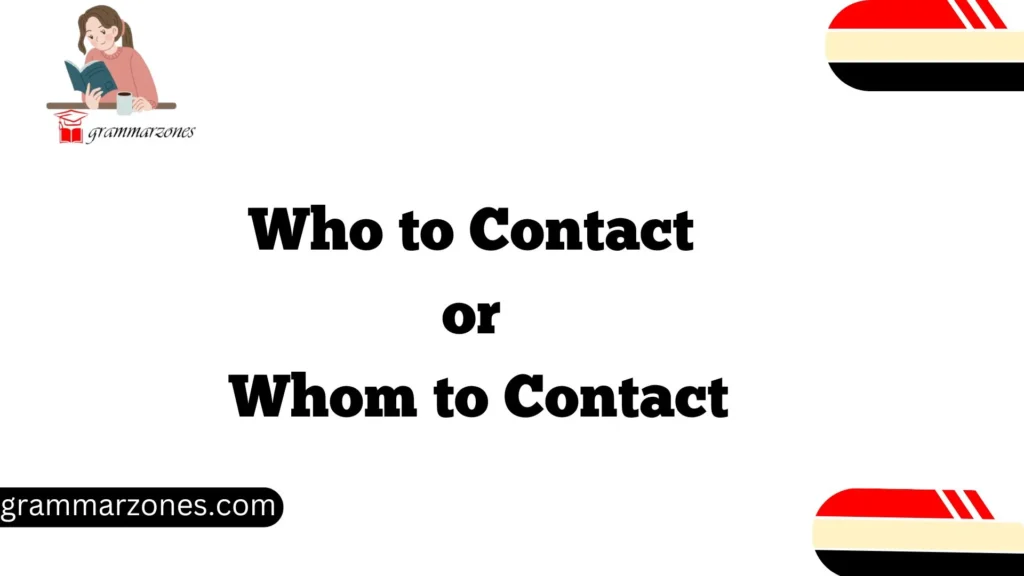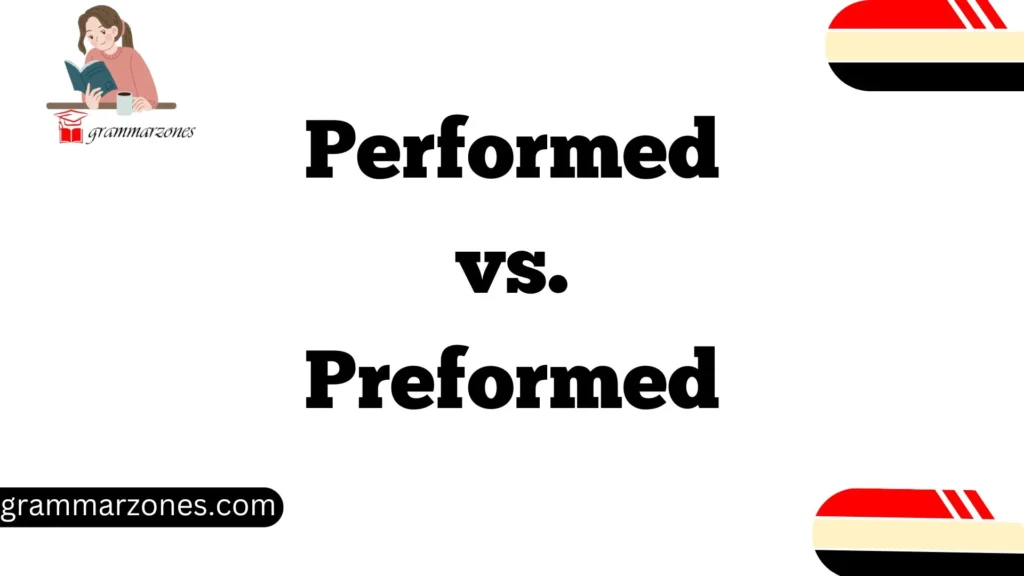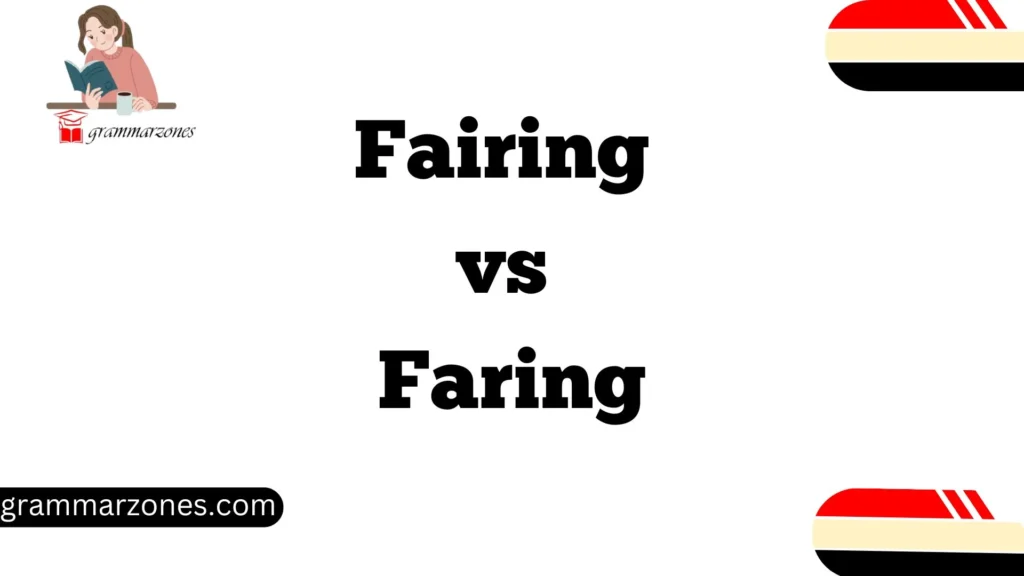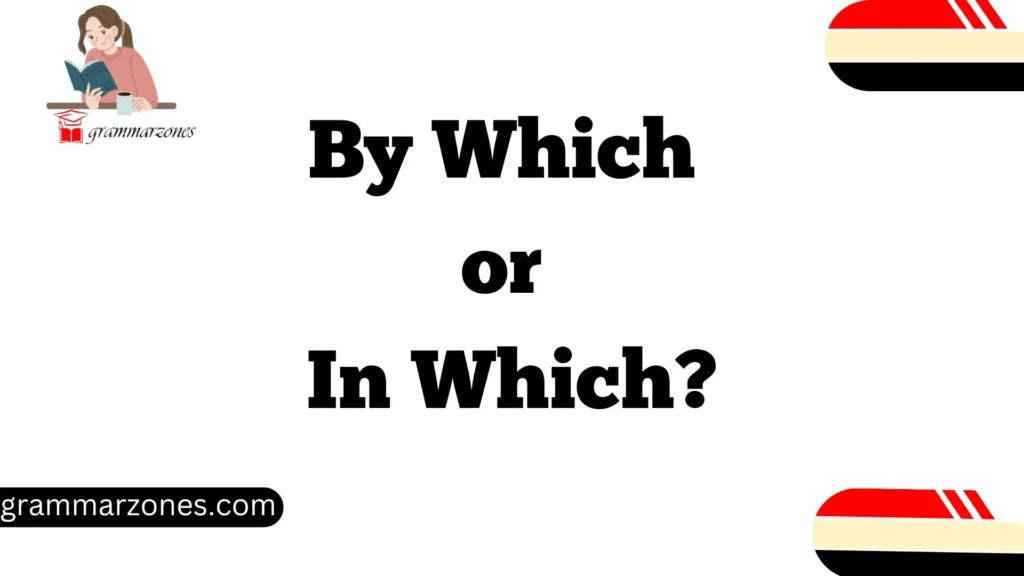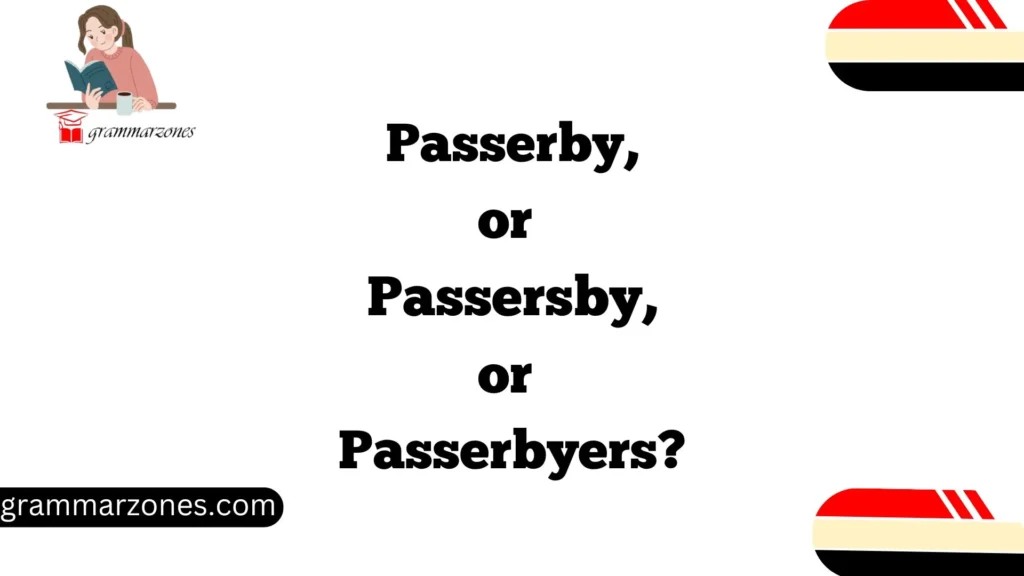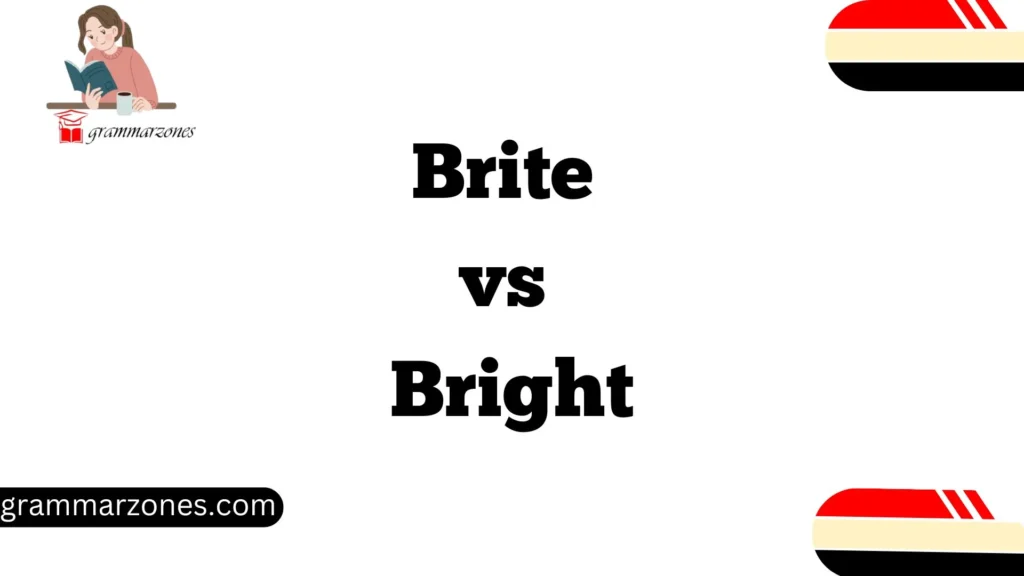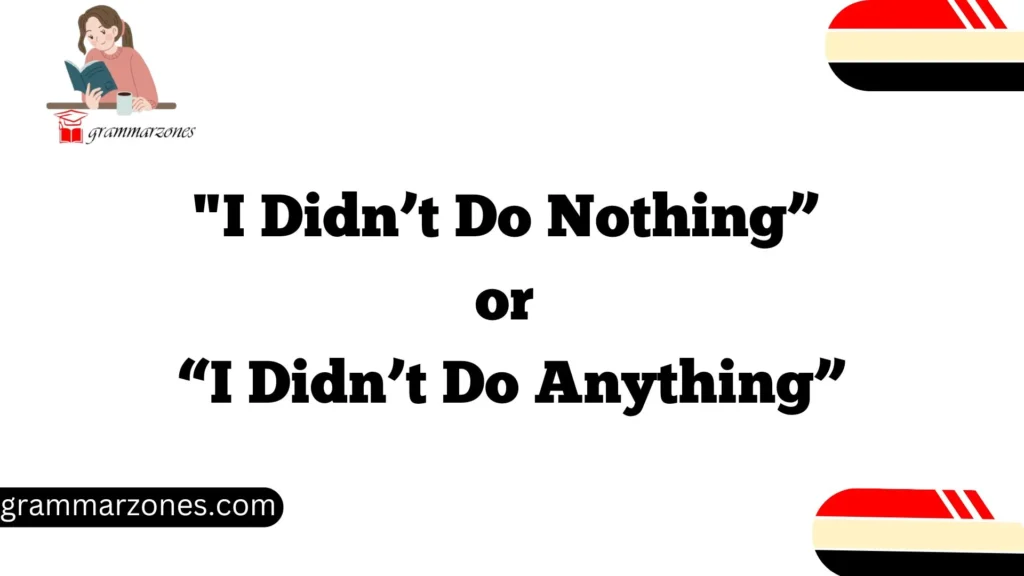When it comes to using the English language correctly, many people find themselves stumbling over two commonly confused words: “who” and “whom.” While they may seem interchangeable, these words serve different grammatical purposes and are used in distinct contexts.
Understanding when and how to use each one correctly is not only important for writing clearly but also for sounding professional in both casual and formal situations.
In this guide, we’ll break down the key differences between “who” and “whom,” explain when to use each one, and give you practical tips to master their usage.
Whether you’re drafting an email, writing an essay, or engaging in a friendly conversation, you’ll find useful examples and expert advice to improve your grammar skills.
Understanding the Basics: Who vs. Whom
At its core, “who” and “whom” are both pronouns that refer to people, but their roles in a sentence are different.
- Who is a subject pronoun, meaning it is used to refer to the person performing an action.
- Whom is an object pronoun, meaning it is used to refer to the person receiving the action.
When to Use “Who”
“Who” functions as the subject of a verb. When you’re asking or making a statement about the doer of an action, you’ll use “who.”
Examples of “Who” in a sentence:
- Who called me last night?
- Who is coming to the party?
- I don’t know who ate my sandwich.
In these examples, “who” is the subject of the action. In the first example, “who” is performing the action of calling, in the second, they are coming, and in the third, they are eating.
When to Use “Whom”
“Whom,” on the other hand, is used when the person you’re referring to is the object of the action. It’s the person receiving the action, whether the action is being done by a verb or by a preposition.
Examples of “Whom” in a sentence:
- To whom should I address the letter?
- Whom did you invite to the dinner?
- I don’t know whom she spoke with last night.
Here, “whom” is the object of the verb or preposition. In the first example, “whom” is the object of “address,” in the second, it is the object of “invite,” and in the third, it’s the object of “spoke with.”
The Key Rule: Subject vs. Object Pronouns
Understanding the difference between subject and object pronouns is the most crucial part of mastering “who” vs. “whom.”
- Who is used when the person is the subject (performing the action).
- Whom is used when the person is the object (receiving the action).
Subject Pronouns (Who)
- Who is used for the subject of a sentence.
- Example: Who is coming to dinner? (“Who” is the subject performing the action of coming.)
Object Pronouns (Whom)
- Whom is used for the object of the verb or preposition.
- Example: Whom are you inviting to dinner? (“Whom” is the object receiving the action of inviting.)
Common Mistakes and How to Avoid Them
While “who” and “whom” may seem simple on paper, many people mistakenly use “whom” in places where “who” would be correct, and vice versa. Here are some common mistakes and how to avoid them.
Mistake 1: Using “Whom” in Casual Conversation
In spoken English, most people use “who” instead of “whom,” even when “whom” would technically be correct. While this is common in informal speech, it can sound stilted or overly formal if used in the wrong context.
Example:
- Incorrect: Whom is going to the game tonight?
- Correct: Who is going to the game tonight?
In everyday conversation, “who” is preferred because it sounds more natural.
Mistake 2: Overusing “Whom” in Professional Writing
In more formal writing, such as emails to clients or academic papers, people often overuse “whom” when “who” would be clearer and more direct.
Example:
- Overuse: Whom should I contact for assistance?
- Better: Who should I contact for assistance?
Using “who” in this case makes the sentence feel more approachable without sacrificing professionalism.
Mistake 3: Using “Who” after a Preposition
Sometimes, people mistakenly use “who” after a preposition when “whom” is the correct choice. To avoid this, always ask yourself whether the person is the object of the preposition.
Example:
- Incorrect: To who should I give the book?
- Correct: To whom should I give the book?
When a sentence involves a preposition (like “to,” “with,” “for,” etc.), “whom” is typically the correct choice.
Practical Examples: When to Use “Who” vs. “Whom”
Here’s a look at practical examples in various real-world scenarios:
Scenario 1: Professional Setting (Emails, Presentations)
In business and formal contexts, clarity is key. Often, “who” will be used in more casual professional settings, while “whom” might be more appropriate in highly formal contexts.
Example:
- “To whom it may concern…”
- “Who should I contact for more information?”
Scenario 2: Everyday Conversation
In regular conversations, the rules are much more relaxed. “Who” is the dominant choice, and you’ll rarely need to use “whom.”
Example:
- “Do you know who that is?”
- “I don’t know who you’re talking about.”
Scenario 3: Formal Writing (Essays, Articles)
In formal writing like academic essays, legal documents, and professional reports, using “whom” correctly can make you sound more polished.
Example:
- “To whom it may concern: I am writing to express my interest in the position.”
- “For whom did you vote in the last election?”
Scenario 4: Informal Writing (Social Media, Casual Posts)
On platforms like Facebook, Twitter, and blogs, you’ll rarely need to worry about using “whom.” Stick with “who” to keep your tone casual and conversational.
Example:
- “Do you know who liked my post?”
- “Guess who just got tickets to the concert!”
When to Skip Both: Avoiding Unnecessary Formality
While it’s important to use “who” and “whom” correctly, sometimes it’s better to skip both in favor of simpler constructions. In casual settings, using “who” instead of “whom” is often more natural and fluid.
Simplifying Sentences
In many cases, you don’t need to worry about choosing between “who” and “whom.” Instead, you can rephrase the sentence to avoid the choice altogether.
Example:
- Instead of: “Whom should I contact for support?”
- Simply: “Who should I contact for support?”
This makes your sentence more direct and easier to understand, which is often better, especially in customer service or business communication.
Why Overusing “Whom” Can Hurt Your Writing
Overusing “whom” can make your writing sound stuffy or overly formal, especially when simpler language would suffice. Aim to strike a balance between sounding professional and accessible.
Tips for Mastering Who vs. Whom
Here are some practical tips to help you confidently choose the right word every time:
- Quick Rule of Thumb: If you’re unsure, substitute “he” (for “who”) or “him” (for “whom”) in the sentence. If “he” makes sense, use “who.” If “him” fits, use “whom.”
- Context is Key: Remember that in informal settings, “who” is almost always the better choice.
- Simplify Your Sentences: When in doubt, simplify your sentence to avoid both “who” and “whom.”
- Practice Makes Perfect: Use exercises and quizzes to practice using “who” and “whom” correctly.
Common Questions About Who vs. Whom
Here are some frequently asked questions to clarify any lingering confusion:
Can You Always Use “Who” Instead of “Whom”?
In modern English, especially in informal contexts, it’s often acceptable to use “who” instead of “whom.” However, in highly formal writing or speech, sticking with the traditional rules is recommended.
What About in Question Forms?
Even in questions, “who” is often used, even when “whom” might be technically correct.
Example:
- “Who did you meet at the party?” (More common than “Whom did you meet at the party?”)
Is “Whom” Outdated?
While “whom” is less commonly used in casual speech today, it remains a valuable tool in formal writing. It’s certainly not outdated, but it’s becoming less prevalent in everyday language.
Frequently Asked Questions (FAQs) About “Who” vs. “Whom”
1. When should I use “who” instead of “whom”?
Use “who” when the person you’re referring to is the subject of the sentence, meaning they are performing the action. For example:
- “Who is going to the meeting?”
- “Who called me earlier?”
“Whom” should only be used when the person is the object of the action, or after a preposition. For example:
- “To whom should I address the letter?”
- “I don’t know whom he spoke to.”
2. Can “whom” be replaced by “who”?
In everyday spoken and informal English, it’s common to replace “whom” with “who,” especially when it’s the object of the sentence. However, in formal writing, it’s better to use “whom” when it’s the object or following a preposition.
For example, while it’s acceptable to say “Who did you speak to?” in conversation, it’s more grammatically correct in formal contexts to say “Whom did you speak to?”
3. Is “whom” outdated in modern English?
“Whom” is not outdated, but it is less commonly used in informal speech. In casual conversation, people tend to favor “who” over “whom.” However, “whom” remains important in formal writing, legal documents, and professional communication. It’s useful to understand how to use it correctly, even if it isn’t frequently used in casual contexts.
4. What’s the best way to remember when to use “who” and “whom”?
A simple trick is to substitute “he” or “him” into the sentence. If “he” makes sense, use “who.” If “him” fits, use “whom.”
For example:
- “Who is coming to the party?” (You would say “He is coming,” so “who” is correct.)
- “To whom should I send the invitation?” (You would say “I should send it to him,” so “whom” is correct.)
5. Can I always use “who” instead of “whom”?
While it’s generally accepted to use “who” instead of “whom” in casual conversations, it’s still important to use “whom” in more formal contexts, especially in writing. In professional or academic settings, overusing “who” can make your writing seem less polished. For example, “Whom should I contact?” is more appropriate in formal communication than “Who should I contact?”
Conclusion
Mastering the difference between “who” and “whom” doesn’t have to be complicated. By understanding that “who” is a subject pronoun and “whom” is an object pronoun, you can avoid common mistakes and elevate your writing. Whether you’re composing a business email, chatting with friends, or writing an academic paper, using these words correctly will make your communication clearer and more professional.
So, the next time you’re unsure about whether to use “who” or “whom,” remember: who is for the doer, and whom is for the receiver. Keep practicing, and soon using them correctly will feel like second nature!

